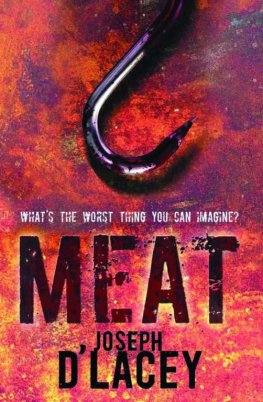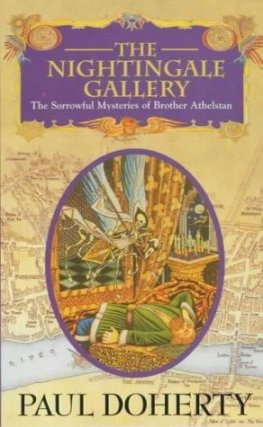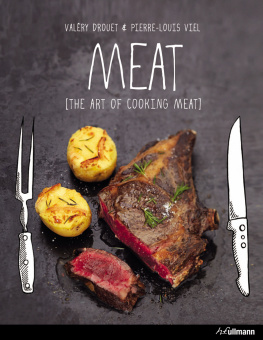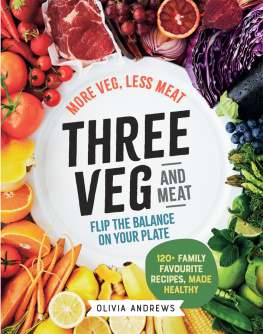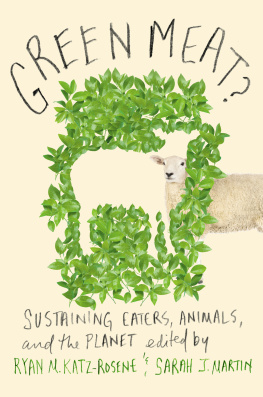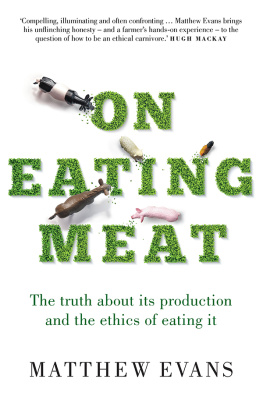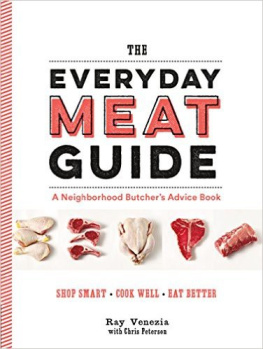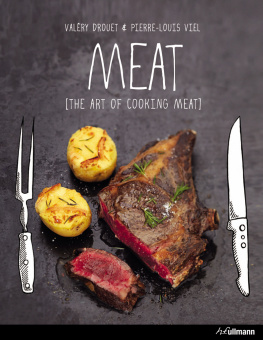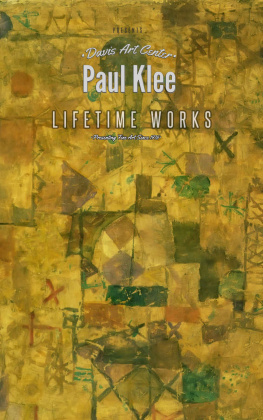Thank you for downloading this Simon & Schuster ebook.
Get a FREE ebook when you join our mailing list. Plus, get updates on new releases, deals, recommended reads, and more from Simon & Schuster. Click below to sign up and see terms and conditions.
CLICK HERE TO SIGN UP
Already a subscriber? Provide your email again so we can register this ebook and send you more of what you like to read. You will continue to receive exclusive offers in your inbox.
We hope you enjoyed reading this Simon & Schuster ebook.
Get a FREE ebook when you join our mailing list. Plus, get updates on new releases, deals, recommended reads, and more from Simon & Schuster. Click below to sign up and see terms and conditions.
CLICK HERE TO SIGN UP
Already a subscriber? Provide your email again so we can register this ebook and send you more of what you like to read. You will continue to receive exclusive offers in your inbox.
Dedicated to every person who sees an apparently intractable problem and sets about laboring tirelessly to solve it, confident in the words of Nelson Mandela:
It always seems impossible until its done.
CONTENTS
FOREWORD
By Yuval Noah Harari
Today, most of our planets big animals live in industrial farms. We imagine that the earth is populated by lions, elephants, and penguins, roaming freely across vast savannas and oceans. That may be true of the National Geographic channel, Disney movies, and childrens fairy tales, but it is no longer true of the real world outside the TV screen. The world contains forty thousand lions and one billion domesticated pigs; five hundred thousand elephants and 1.5 billion domesticated cows; fifty million penguins and fifty billion chickens. In 2009, a census counted 1.6 billion wild birds in Europe, including all species together. That same year, the European meat and egg industry raised close to seven billion chickens. A large portion of vertebrate animals living on our planet are no longer free-living but rather are owned and controlled by one animal: Homo sapiens .
These billions of animals are treated on industrial farms not as living creatures who can feel pain and distress but as machines for producing meat, milk, and eggs. They are often mass-produced in factory-like facilities, and their very bodies are shaped in accordance with industrial needs. The animals then pass their entire lives as cogs in a giant production line, and the length and quality of their existence is determined by the profits and losses of agribusiness corporations. Judged by the amount of suffering it causes, industrial farming of animals is arguably one of the worst crimes in history.
Up till now, scientific research and technological invention tended to worsen the lives of farm animals. In traditional societies such as ancient Egypt, the Roman Empire, or medieval China, humans had a very partial understanding of biochemistry, genetics, zoology, and epidemiology. Consequently, their manipulative powers were limited. In medieval villages, chickens ran free between the houses, pecked seeds and worms from the garbage heap, and built nests in the barn. If an ambitious peasant tried to lock a thousand chickens inside a crowded coop, a deadly bird-flu epidemic would probably have resulted, wiping out all the chickens, as well as many of the villagers. No priest, shaman, or witch doctor could have prevented it.
But once modern science deciphered the secrets of birds, viruses, and antibiotics, humans could begin to subject animals to extreme living conditions. With the help of vaccinations, medications, hormones, pesticides, central air-conditioning systems, automatic feeders, and lots of other novel gadgets, it is now possible to cram tens of thousands of chickens or other animals into tiny coops, and produce meat and eggs with unprecedented efficiencybut also with unprecedented misery.
In the twenty-first century, science and technology will give us even more power over our fellow beings. For four billion years, life on Earth was governed by natural selection. Soon it will be governed by human intelligent design. But technology is never deterministic. We can use the same technological breakthroughs to create very different kinds of societies and situations. For example, in the twentieth century, people could use the technology of the Industrial Revolutiontrains, electricity, radio, telephonein order to create communist dictatorships, fascist regimes, or liberal democracies.
Similarly, in the twenty-first century, biotechnology could be used in many different ways. On the one hand, we could use it to design cows, pigs, and chickens who grow faster and produce more meat, without any thought about the suffering we inflict on these animals. On the other hand, we could use biotechnology to create clean meatreal meat that is grown from animal cells, without any need of raising and slaughtering entire creatures. If we follow that path, biotechnology may well be transformed from the nemesis of farm animals into their salvation. It could produce the meat so many humans crave without taking such an enormous toll on the planet, since growing meat is much more efficient than raising animals to later turn into that same meat.
Clean meat isnt science fiction. As youll read in this book, the worlds first cultured hamburger was produced and eaten in 2013. True, it cost $330,000, aided by funding from Google cofounder Sergey Brin. But we should remember that it cost billions of dollars to scan the first human genome, and today it costs just a few hundred dollars. In fact, by 2017only four years after the first cultured burger tastingthe people who produced that first clean burger have already refined their process so that their costs are now a small fraction of that first burger. Competitors have already sprung up, including an American company that produced the worlds first cultured meatball in 2016 at a comparatively bargain price of just $1,200. In 2017, the same company produced the first clean chicken sandwich and duck lorange, for an even lower cost, and they, too, intend to be marketing products in the fairly near future. With proper research and investment, within a decade or two we could produce clean meat on an industrial scale, which will be cheaper than raising cows and chickens. If you want a steak, you could just grow a steak, instead of raising and slaughtering an entire cow.
The transformative nature of this technology is hard to overstate. Once the price of clean meat is low enough, it will make not only ethical sense but also economic and ecological sense to replace slaughterhouse meat with clean meat. Animal farming is one of the chief causes of global warming, with the United Nations comparing animal agricultures greenhouse gas emissions to those of the entire transportation sector. Even beyond climate, animal farming is one of the main consumers of antibiotics and poison, and one of the foremost polluters of air, land, and sea. It may be easy to point our fingers at the oil and coal companies when lamenting the planetary problems Homo sapiens are causing, but the conventional meat industry is a comparable polluter. Just as we need clean energy to replace fossil fuels, we need clean meat to replace factory farms. Switching to clean meat will be crucial for saving the planet from disastrous climate change and ecological degradation.
In this fascinating and hopeful book, Paul Shapiro highlights the great promise of this new method of food and clothing productioncellular agriculture. Thanks to this method, humans may soon stop raising and slaughtering farm animals by the billions. In the not-too-distant future, we may look back at industrial animal farming with the same horror that we today look back at slavery: a dark chapter in the history of humankind, which we have mercifully left behind us.
Next page

